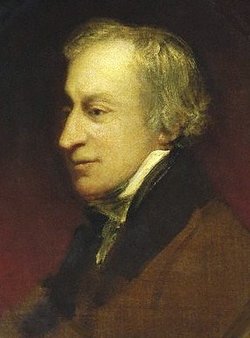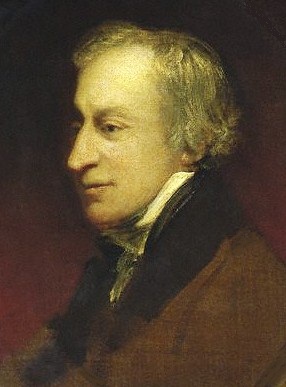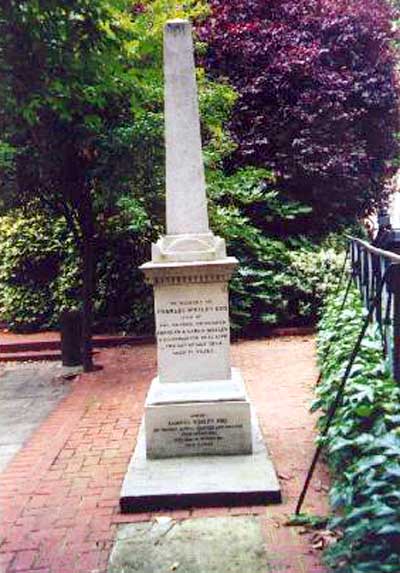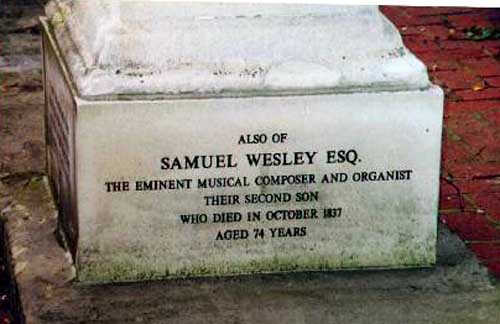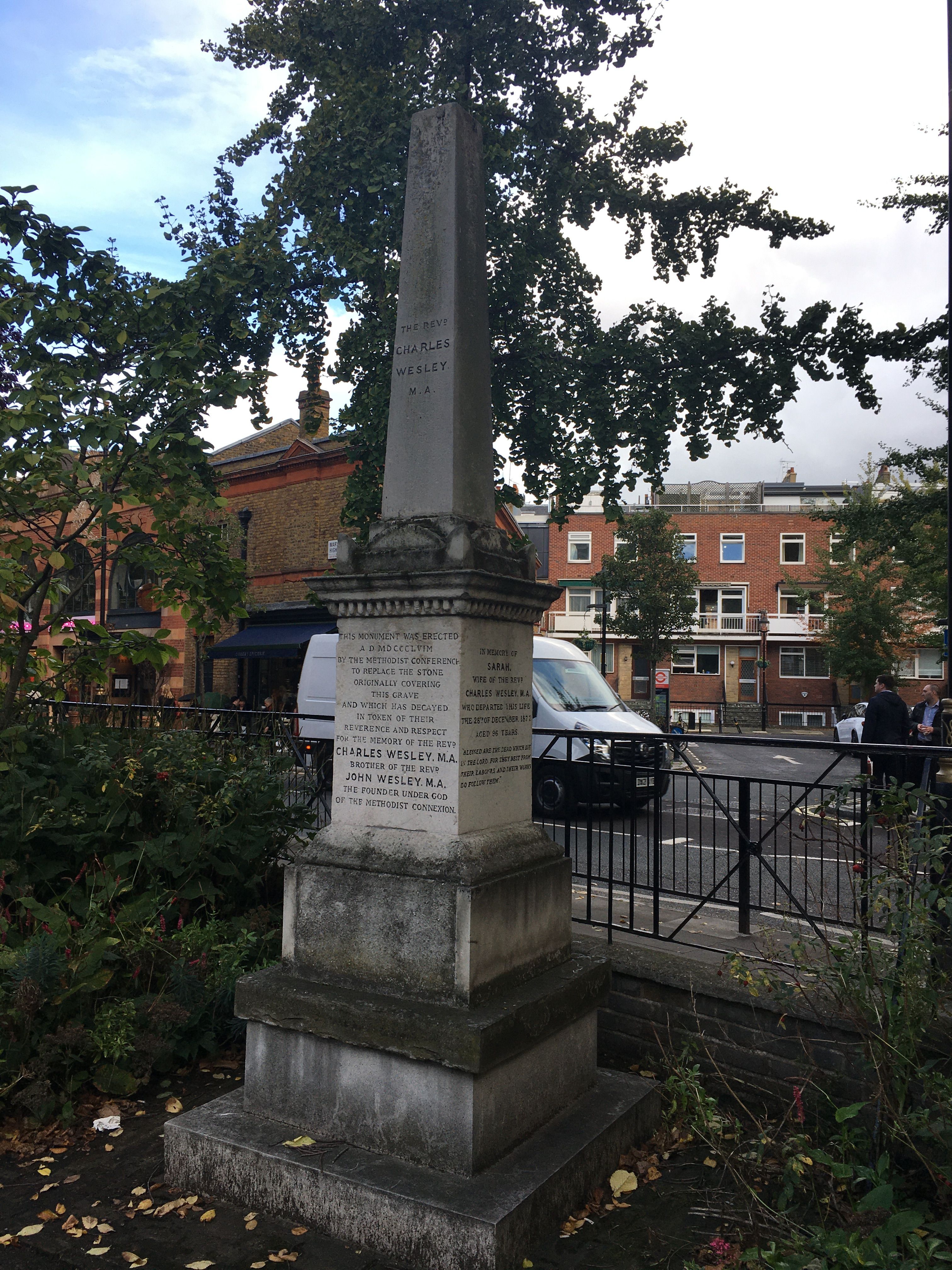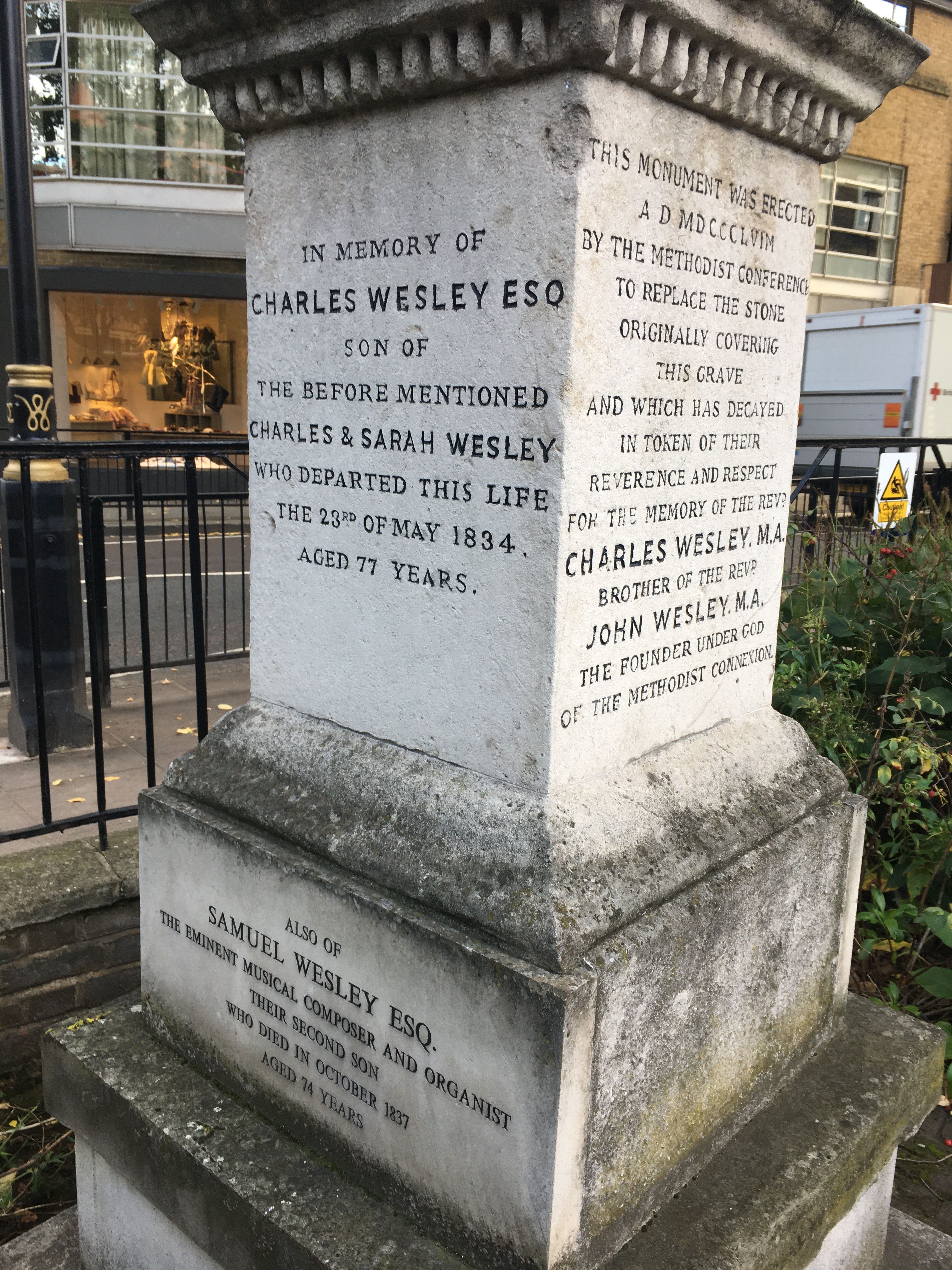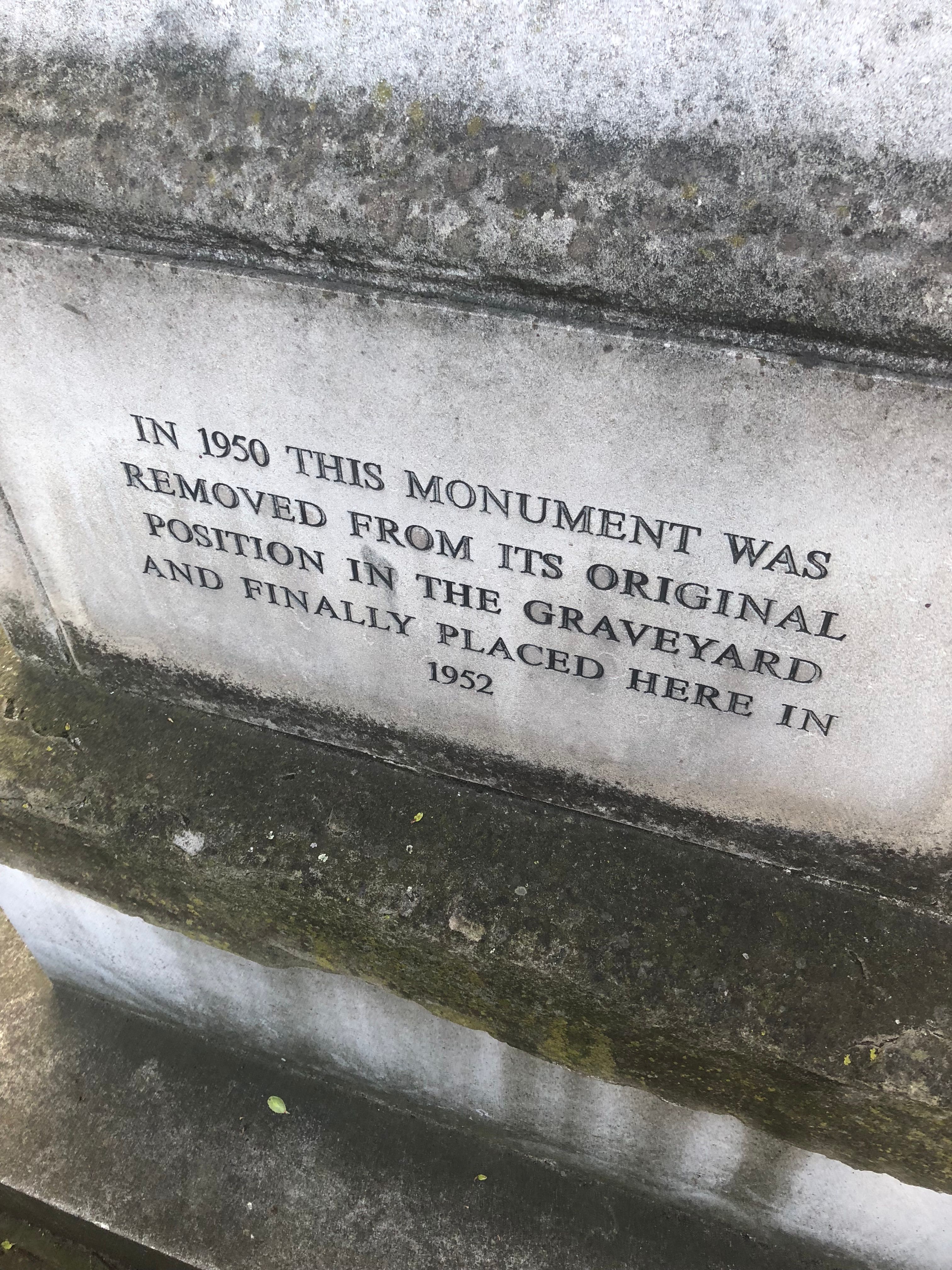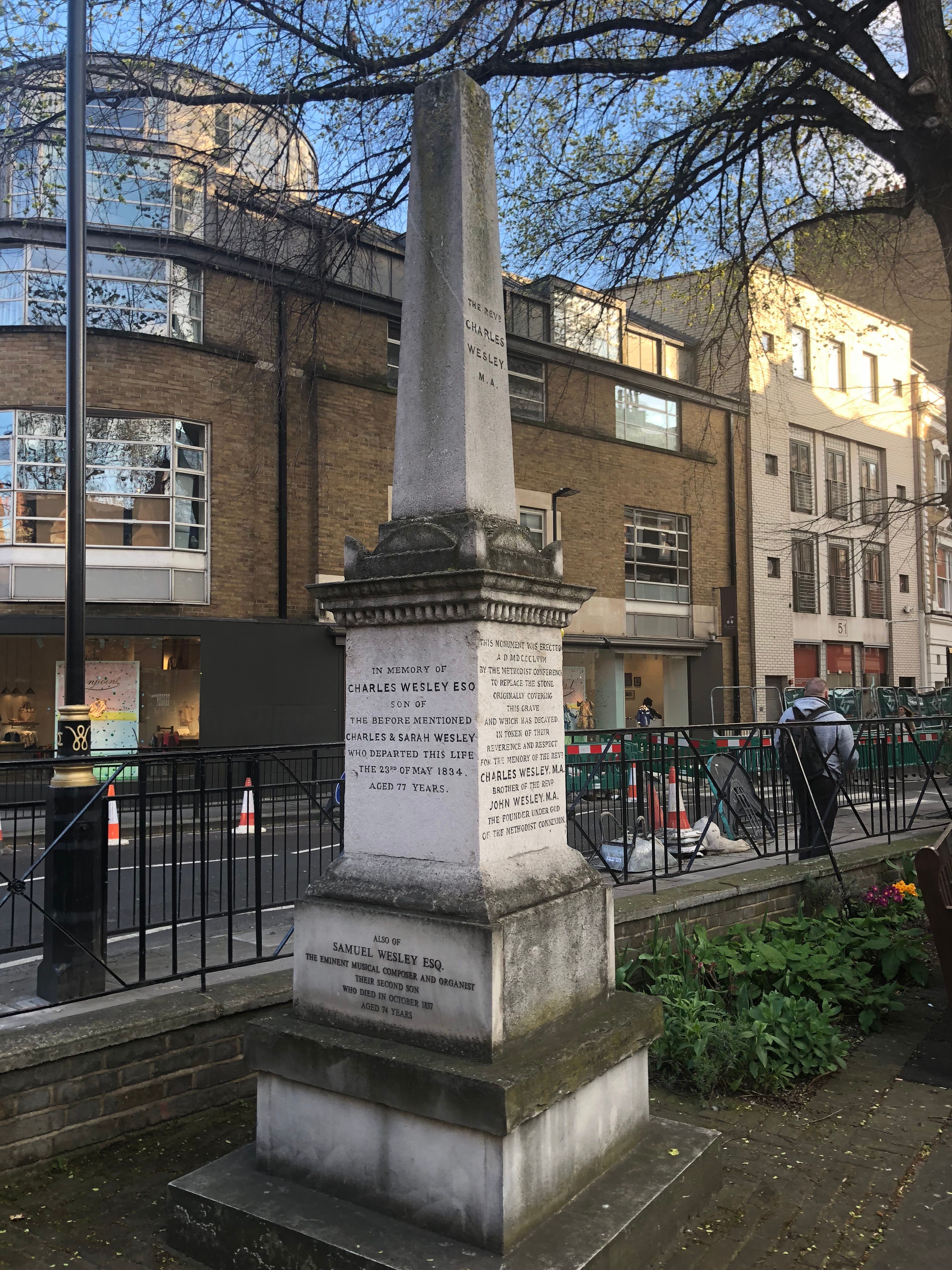Musician. He was one of England's finest organist and composer in the late Georgian period, who was known as "the English Mozart." He was also an orchestra conductor, music teacher and lecturer. Born one of ten children of Rev. Charles Wesley, the prolific hymn writer, and the nephew of Rev. John Wesley, the founder of Methodism, his talents were recognized at an early age. His grandfather and an uncle were both named Samuel Wesley. By age of 6, he had started the oratorio, "Ruth", and by age 11, he had published "Eight Lessons for the Harpsichord." His mother, Sarah Wesley, taught him music, while playing the harpsichord and singing hymns before he studied with David Williams, the organist of All Saints' Church in Bristol. He mastered the organ as well as the violin and the harpsichord. At age 12, he left Bristol for London. At age twenty-one, he suffered from a head injury, which left him with some limitations and changes in his personality. He wrote many pieces including symphonies, concerti, services, anthems, and motets, of which "Exultate Deo" and "In exitu Israel" are the most popular. Wesley's compositional style was eclectic. He was a pioneer of the organ recital, as the instrument was usually only played in churches. He composed over 120 organ pieces. Other compositions were 6 symphonies, 4 orchestral overtures, and at least 65 piano pieces. Most of his composition were played for an occasion then the music was lost in time. He married Charlotte Louise Martin in 1793, but they separated after his public affair with a servant, Sarah Suter. He had three children with his wife and four with Sarah Suter. His marital status may have impacted his career since he was unable to obtain a post as an organist in churches even though he applied. His reasoning with religious was very different from his family's faith and in 1784, he converted to Roman Catholicism. He composed at least two masses. At times his choices were a disappointment to his parents. According to his obituary, he did not convert and was buried in an Anglican Church with his father, the Rev. Charles Wesley.
Musician. He was one of England's finest organist and composer in the late Georgian period, who was known as "the English Mozart." He was also an orchestra conductor, music teacher and lecturer. Born one of ten children of Rev. Charles Wesley, the prolific hymn writer, and the nephew of Rev. John Wesley, the founder of Methodism, his talents were recognized at an early age. His grandfather and an uncle were both named Samuel Wesley. By age of 6, he had started the oratorio, "Ruth", and by age 11, he had published "Eight Lessons for the Harpsichord." His mother, Sarah Wesley, taught him music, while playing the harpsichord and singing hymns before he studied with David Williams, the organist of All Saints' Church in Bristol. He mastered the organ as well as the violin and the harpsichord. At age 12, he left Bristol for London. At age twenty-one, he suffered from a head injury, which left him with some limitations and changes in his personality. He wrote many pieces including symphonies, concerti, services, anthems, and motets, of which "Exultate Deo" and "In exitu Israel" are the most popular. Wesley's compositional style was eclectic. He was a pioneer of the organ recital, as the instrument was usually only played in churches. He composed over 120 organ pieces. Other compositions were 6 symphonies, 4 orchestral overtures, and at least 65 piano pieces. Most of his composition were played for an occasion then the music was lost in time. He married Charlotte Louise Martin in 1793, but they separated after his public affair with a servant, Sarah Suter. He had three children with his wife and four with Sarah Suter. His marital status may have impacted his career since he was unable to obtain a post as an organist in churches even though he applied. His reasoning with religious was very different from his family's faith and in 1784, he converted to Roman Catholicism. He composed at least two masses. At times his choices were a disappointment to his parents. According to his obituary, he did not convert and was buried in an Anglican Church with his father, the Rev. Charles Wesley.
Bio by: Linda Davis
Inscription
(added on lower edge of his parent's upright marker)
Also of Samuel Wesley Esq.
The eminent musical composer and organist
Their second son
Who died on October 1837 aged 74 years
Gravesite Details
The small obelisk marker, which was replaced in 1853 after the original decayed, was moved in 1950 from the actual grave site and was placed in 1952 in a nearby garden on Marylebone High Street.
Family Members
Advertisement
See more Wesley memorials in:
Records on Ancestry
Sponsored by Ancestry
Advertisement
